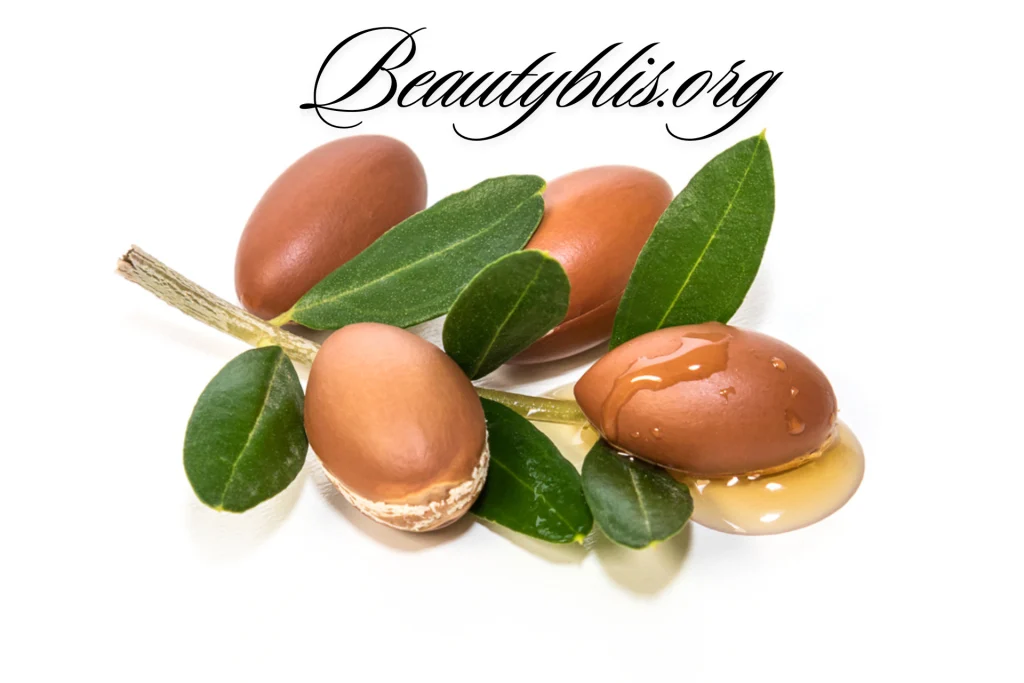Argan oil has been gaining popularity in the West for its versatile cosmetic and culinary applications, but its origins are often overlooked. This article delves into the history of argan oil, from its traditional production methods in Morocco to its rise in demand worldwide. By understanding the journey of this extraordinary oil, we can better appreciate its significance and embrace its future potential.
The History of Argan Oil: An Ancient Moroccan Treasure
Argan oil has been intimately intertwined with the history and culture of Morocco for centuries. This golden elixir is extracted from the kernels of the argan tree (Argania spinosa), primarily found in the southwestern region of the country. The resilience of the argan tree and its ability to thrive in harsh conditions have made it a symbol of the Moroccan countryside. To understand the full essence of this ancient treasure, let’s travel back in time to uncover the fascinating history of argan oil.
The Berber Connection: A Cultural Treasure Trove
Argan oil’s history is deeply intertwined with the Berber community, the indigenous people of North Africa. The Berbers have a rich cultural heritage stretching back over 3,000 years, with their own language, culture, and traditions differing from the country’s Arab majority. For the Berbers, argan oil was more than just a natural remedy or cosmetic ingredient; it was a vital component of their daily lives and cultural traditions. They discovered its hydrating and nourishing benefits for the skin and hair, as well as its culinary applications.
Traditional Extraction and Domestic Use: A Labor of Love
For centuries, the traditional extraction of argan oil remained confined to rural Berber communities. The process is labor-intensive and requires considerable skill, involving a meticulous manual method from start to finish. Women played a pivotal role in this time-honored tradition, which has been passed down through generations.
The process includes gathering the argan fruits, drying them, manually crushing the hard-shelled kernels with stone mills, and finally extracting the oil. This precious oil was utilized in many ways within Berber households, serving as a valuable cooking oil and as a nourishing cosmetic for hair and skin.
The Journey to Global Recognition
Limited Trade and Early Exports: Discovering Argan Oil’s Potential
Despite its various uses within the Berber community, argan oil remained relatively unknown beyond Morocco for a long time. However, in the 1990s, the oil started gaining attention, particularly when a group of European hair stylists touring Morocco discovered its remarkable properties. They quickly realized its potential as a prized ingredient in the cosmetics industry, sparking a modest rise in demand for argan oil, particularly in Europe and Asia.
The Birth of an Industry: Evolving Methods and Increased Demand
As interest in argan oil grew, primarily for its cosmetic benefits, the traditional hand-processing method became a limitation for scaling up production. Recognizing this challenge, Morocco’s government and various organizations initiated projects to develop modern extraction methods while still preserving the environment and traditional practices.
This led to the establishment of women’s cooperatives specializing in argan oil production, which increased production volumes without compromising quality. These cooperatives also empowered local women by providing employment and fostering financial independence.

The Modern Era: Morocco’s Golden Cash Crop
Argan oil has become a linchpin of Morocco’s economy, with a growing domestic and international market. The cosmetic sector, particularly skincare and hair care, has embraced argan oil as a premium ingredient, and its culinary uses have also gained prominence. This shift has empowered local communities, especially women, by providing employment opportunities and a stable income.
The Future Prospects and Sustainability: Embracing the Legacy
As we look ahead, argan oil’s history and its impact on Moroccan culture are essential elements to cherish and preserve. There is a growing focus on sustainability and fair trade practices within the industry, ensuring that this precious resource is harvested responsibly and that the local communities who nurture it reap the benefits.
Conclusion: Celebrating Argan Oil’s Remarkable Journey
The history of argan oil is a story of resilience, tradition, and evolving prospects. From its humble beginnings within the Berber community to its current status as a sought-after commodity, argan oil has witnessed remarkable transformations. As we navigate the present and plan for the future, let’s appreciate the journey of this exceptional oil and honor the legacy of those who have played a role in its development.
Now is the time to properly acknowledge the brilliance of argan oil and embrace its benefits for our well-being, both internally and externally.
